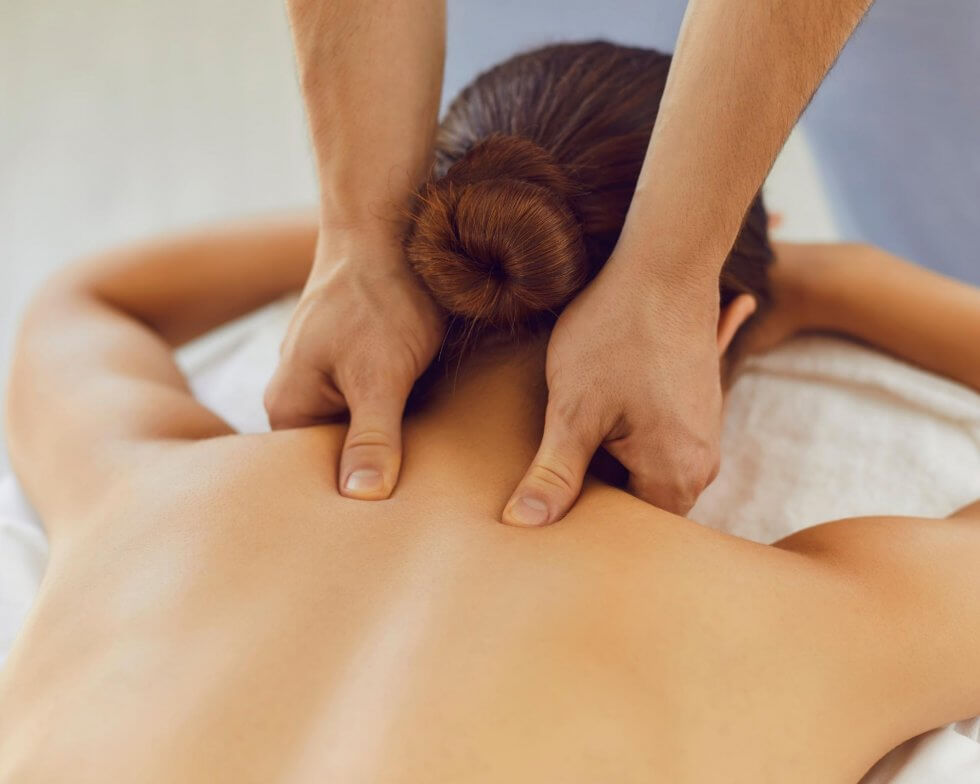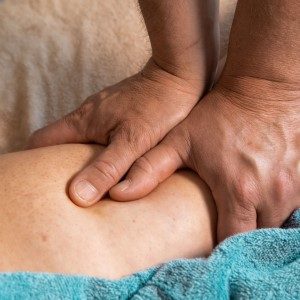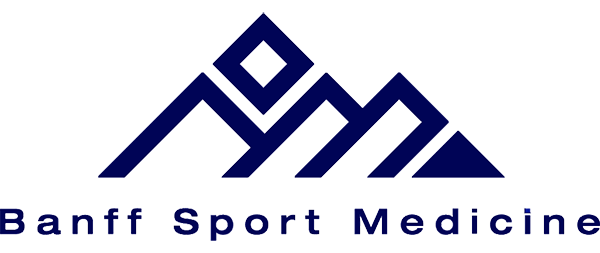Exploring The Benefits of Massage Therapy
Massage therapy has emerged as a cornerstone in sport medicine, rehabilitation, and injury recovery. It provides athletes and active folks alike with a holistic approach to enhance their performance and overall well-being.

Massage therapy involves the manipulation of soft tissues through various techniques. These techniques, such as Swedish massage, deep tissue massage, and sports massage, work on muscles, tendons, ligaments, and connective tissues.
The therapeutic effects of massage go beyond relaxation; some evidence suggests it can enhance flexibility, and reduce muscle tension, which may create an optimal environment for healing.
Benefits in Sport Medicine
Sport medicine encompasses a range of disciplines aimed at preventing and treating injuries related to physical activity. Massage therapy plays a crucial role in this field by addressing common issues such as muscle strains, ligament sprains, and overuse injuries. Regular massage sessions may help prevent injuries by improving flexibility, reducing muscle imbalances, and promoting proper biomechanics.
In addition, massage therapy can enhance joint range of motion. Physically active people and athletes often face restrictions in joint mobility due to training regimens and repetitive movements. Massage techniques, particularly those that focus on stretching and joint mobilization, can alleviate stiffness, and improve overall range of motion, contributing to enhanced performance.

Rehabilitation Support

When we face injuries, the road to recovery can be long and challenging. Massage therapy becomes a valuable ally in the rehabilitation process by addressing both the physical and psychological aspects of healing. In cases of acute injuries, such as sprains or strains, massage helps to reduce swelling and alleviate pain by promoting the release of endorphins, the body’s natural painkillers.
For chronic conditions or post-surgical rehabilitation, massage therapy aids in breaking down scar tissue and adhesions, preventing the formation of tight and inflexible tissues. This is crucial for restoring normal function and preventing the recurrence of injuries.
Beyond the physical benefits, massage therapy has a positive impact on mental well-being. Dealing with an injury can be mentally taxing, leading to stress and anxiety. Massage promotes relaxation and reduces stress hormones, fostering a positive mindset that is essential for successful rehabilitation.
Injury Recovery and Prevention
The role of massage therapy extends beyond addressing existing injuries; it also plays a pivotal role in preventing future ones. Regular massage sessions can identify and address muscular imbalances and weaknesses, reducing the risk of overuse injuries. By promoting proper muscle function and alignment, massage helps maintain the body’s structural integrity, preventing undue stress on joints and tissues.
In the realm of sport medicine, rehabilitation, and injury recovery, massage therapy stands out as a versatile and effective modality. Its benefits encompass not only the physical aspects of recovery but also psychological well-being. From enhancing flexibility to reducing pain and stress, massage therapy can play a vital role in promoting overall performance and longevity.
The integration of massage therapy into comprehensive treatment plans is becoming increasingly common. Athletes, coaches, and healthcare professionals recognize the holistic benefits of massage, making it an indispensable tool in the pursuit of optimal physical health and performance.
MARCIE FREWIN, REGISTERED MASSAGE THERAPIST
Marcie’s strengths fall in post surgical rehabilitation and scar tissue massage, post injury recovery, therapeutic and deep tissue massage, trigger point release, and TMJ (jaw) dysfunction. She is also highly experienced in treating motor vehicle accidents, whiplash, and post-concussion symptoms.



